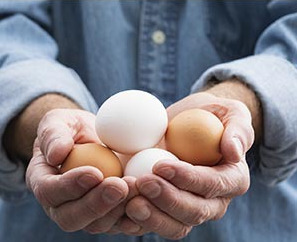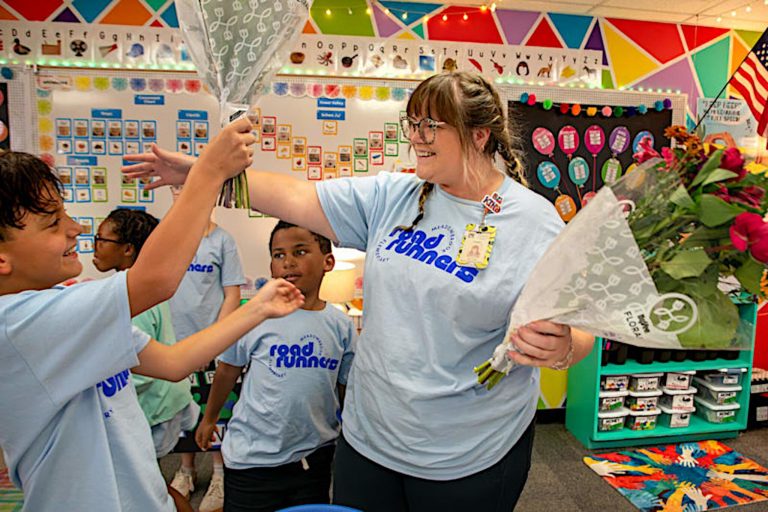By Jason Vance
Special to the Courier-Tribune
WASHINGTON D.C. — U.S. Secretary of Agriculture Brooke Rollins recently announced up to $100 million in funding for research into various methods of preventing Highly Pathogenic Avian Influenza in poultry flocks including therapeutics, vaccines and research.
Rollins also spoke about biosecurity in regards to HPAI.
“Our pilot programs have proven that biosecurity is the most important thing our farmers can do to protect our flocks,” Rollins said.
USDA is offering two free voluntary biosecurity assessments for operations not affected by Avian flu. One is a wildlife biosecurity assessment, the second is a general assessment and producers can do one or both.
“USDA will share up to 75% of the cost to fix the highest risk biosecurity concerns identified by this assessment,” Rollins said.
Also addressed in the press conference as the fact that wholesale egg prices are down nearly 50% from their peak in February when USDA released plans to deal with Avian Influenza.
“We realize that Easter is just a few short weeks away and demand is always unusually high during this season,” Rollins said. “We also recognize that it takes time for these reductions at the wholesale level to translate to price reductions at the retail level. I know for some of us we’ve seen lower prices immediately but then we hear from people in other parts of the country where they have yet to see that reduction on their grocery store shelves.”
Rollins also spoke about progress within the prongs of the USDA High Pathogenic Avian Influenza strategy to compensate producers for repopulating flocks affected by HPAI outbreaks.
“Effective Feb. 27, so the day after the we announced the plan, we increased the indemnity rates for layers by 2.41 times, which amounts to $16.94 per head to provide critical relief to our farmers.”
Also under consideration is importing eggs from other nations as a short-term supply solution.
“We believe the market conditions wouldn’t make sense once egg prices here in the U.S. get to a certain point,” said USDA Chief of Staff Kailee Buller. “At the moment and time we are in now the imports make sense, but as market conditions adjust and egg prices plummet we wouldn’t expect as many imports coming in.”




